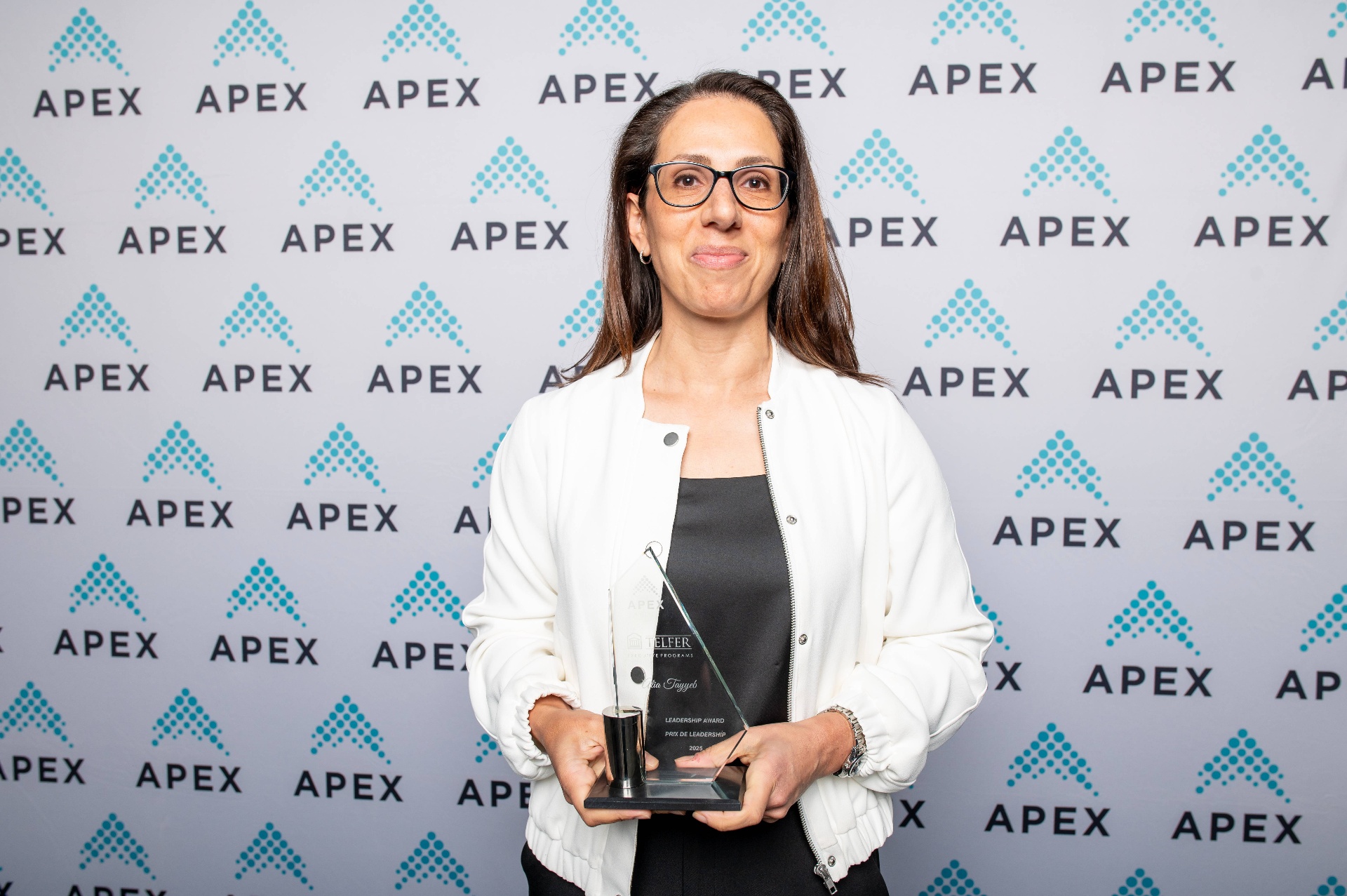In 2018, Alison Coates joined the PhD in Management program to specialize in health systems. Under the supervision of Professor Agnes Grudniewicz (Telfer School of Management) and Professor Tracey O’Sullivan (Faculty of Health Sciences), her PhD research examines how urbanist ideologies impact rural hospital strategic decision-making, especially with respect to the types of knowledge that are valued in the process.
Why did you choose to study health systems? Any personal motivation behind your interest?
My PhD work follows a long career in health care management practice. My experience as a hospital administrator in a rural area of the US ignited a curiosity about a challenging management environment that I felt was underrepresented in current education and research. When I completed my MBA, I often didn’t see my own experience in a rural hospital reflected in our learnings, which made me want to explore that gap in my research.
What is your research about and what will it contribute to academic literature?
My research looks at how strategic decisions about hospital services are made in rural areas. I am studying rural hospitals that have become part of larger health networks to understand how rural hospital mergers impact rural communities. I am also examining what types of knowledge health care administrators use in making strategic decisions, and how rural community members experience service line changes. My research will help to explain how different types of knowledge about the impacts of service changes are considered by rural hospital administrators in making such strategic decisions.
You published a scoping review of the health workforce and COVID in 2021. What are the highlights from that study?
The scoping review method systematically identifies the academic literature on a topic and describes the breadth and scope of knowledge to answer research questions. As the early insurgence of COVID threatened our health care workers, we wanted to know what previous health emergencies could teach us about workforce strategies to meet the increase in patient volume and acuity, and the decrease in staff availability. Our framework for system strengthening aligned practices into three workforce levers: increasing numbers, increasing flexibility, and increasing support for workers in practice. We found that the majority of the articles we collected only reported anecdotally on responses to health emergencies. Very little evaluation of effectiveness or uptake of the initiatives is reported, which makes it difficult to build upon evidence-based practices in responding to something like COVID.
What impact could your research have on health services planning processes?
I hope that my research can highlight the value of consulting and considering rural community members’ knowledge when making administrative decisions that impact their care. The knowledge about rural communities that is currently used may not be reflective of their own lived experience, which is a type of injustice. I hope my research may suggest ways to elevate rural knowledge in health services planning processes.











